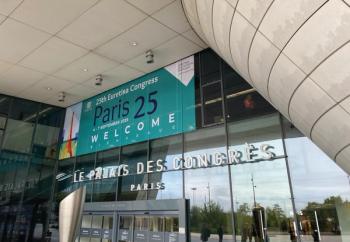
Reporting from the European Society of Retina Specialists annual congress

Reporting from the European Society of Retina Specialists annual congress

Dr Chhablani said "having multiple approaches to the same problem" is key for reaching the maximum number of patients with age-related macular degeneration
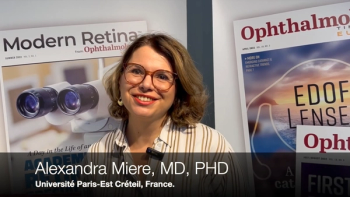
Dr Miere presented the ACTOR study, illuminating vascular remodeling in patients with neovascular AMD, and the HERMES study, investigating perfusion changes in central retinal vein occlusion

María Berrocal, MD, spoke about the Vit-Buckle Society (VBS), which has become a regular feature at the European Society of Retina Specialists annual meeting
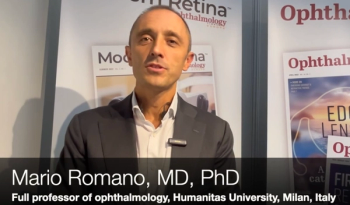
Prof Romano stressed the importance of matching procedure to patient, not just mastering technical vitrectomy skills
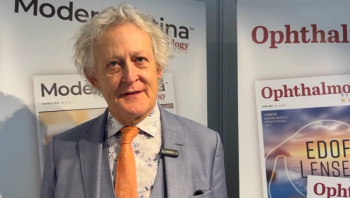
Today, over 150 practitioners from 20 countries in Australia, Asia and Europe enter their patient data into the Fight Retinal Blindness! Registry
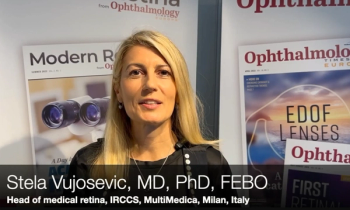
The current staging system fails to fully capture the neurovascular unit's status, said Stela Vujosevic, Md, PhD, FEBO
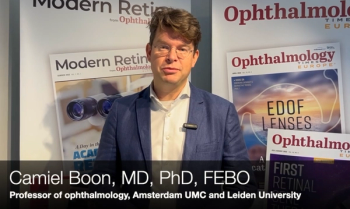
At the EURETINA congress, Prof Boon discussed controversies in treatment, some driven by critical prospective studies
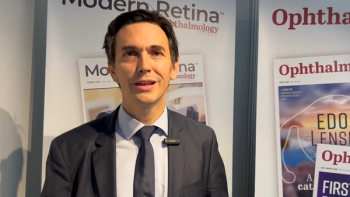
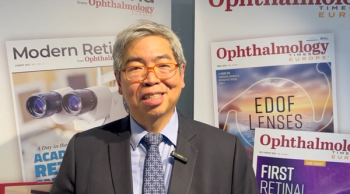
Artificial intelligence is quickly expanding the breadth and depth of information clinicians can interpret, Prof Uy said

Prof Stanzel detailed new advancements in proliferative vitreoretinopathy and a hyperaspheric IOL designed for patients with age-related macular degeneration
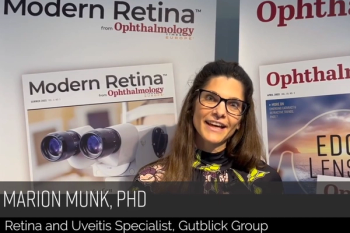
Discover how the International Retinal Imaging Society fosters collaboration among specialists to advance retinal imaging and transform clinical practices.
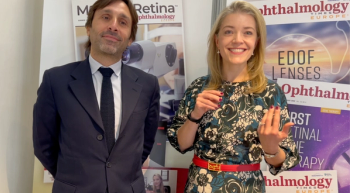
The Vit-Buckle Symposium fosters global collaboration among eye care professionals, emphasizing interactive learning through challenging surgical case discussions.

This year's EURETINA meeting boasts a crowd of 10,000 attendees, including delegates, industry leaders, and young retina specialists.

Dr Ramtohul's research uses electrophysiologic testing to study the retinal ganglion cells

Presentation topics will include therapies for age-related macular degeneration, X-linked retinitis pigmentosa and other retinal pathologies

Clinical leaders including Susan Schneider, MD; Lejla Vajzovic, MD; and Harvey Uy, MD, will share new clinical findings

Answering all the questions ophthalmologists may have ahead of the EURETINA Congress in Paris, France

This year’s Barcelona meeting brought together award-winning research data and leaders in the retina field
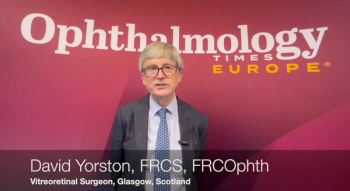
Dr Yorston delivered the Gisbert Richard Lecture at this year's EURETINA Congress

Srinivas R. Sadda, MD, spoke about the EURETINA meeting, his presentation on ultra widefield imaging, and the value of the international community of retina clinicians connecting in person at meetings. The interview took place at the EURETINA 2024 meeting held in Barcelona, Spain, on September 19-22, 2024.

Taiji Sakamoto, MD, PhD, spoke about being a board member of EURETINA and his motivations to be a part of the cooperative work that is a hallmark of EURETINA. The interview took place at the EURETINA 2024 meeting held in Barcelona, Spain, on September 19-22, 2024.
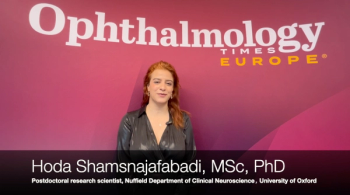
The e-poster came in 2nd place for the August Deutman award at the EURETINA Congress
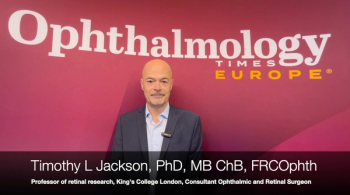
Timothy L Jackson PhD, MB ChB, FRCOphth, speaks about a combination therapy for VEGF-A/C/D inhibition with sozinibercept and ranibizumab
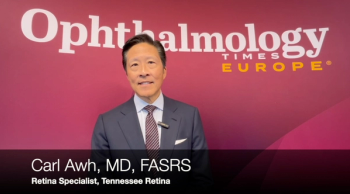
Carl Awh, MD, FASRS, spoke the value of the international community of retina clinicians connecting at global meetings
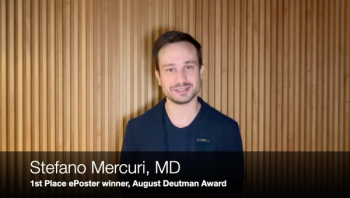
Stefano Mercuri, MD, speaks about his team's August Deutman award-winning research on retinitis pigmentosa and Rho gene mutations

Clare Bailey, MD, shared data from the multi-country study on faricimab for patients with DME and nAMD
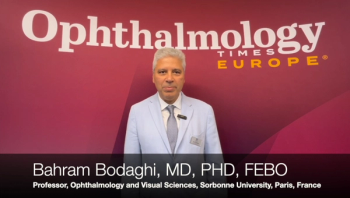
Prof Bodaghi praises the ingenuity at this year's EURETINA Innovation Spotlight (EIS)
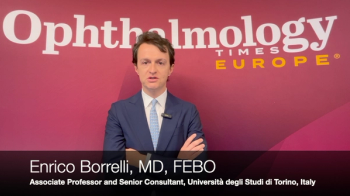
Enrico Borrelli, MD, FEBO, speaks about opportunities in the retina space

Challenging surgical videos from the Vit-Buckle Society symposia and data on the impact of home OCT in management of nAMD